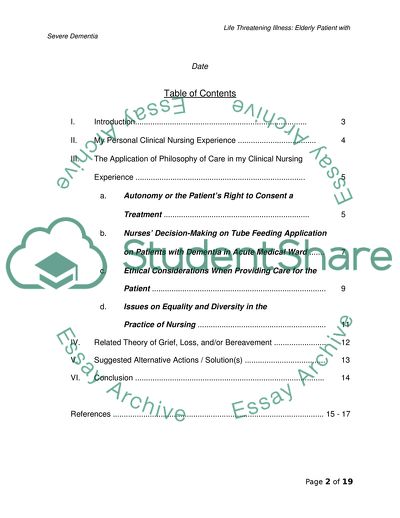Cite this document
(Elderly Patient with Severe Dementia: Tube Feeding Devices Coursework, n.d.)
Elderly Patient with Severe Dementia: Tube Feeding Devices Coursework. https://studentshare.org/nursing/1709202-life-threatening-illness-nursing-paper-bscn-level
Elderly Patient with Severe Dementia: Tube Feeding Devices Coursework. https://studentshare.org/nursing/1709202-life-threatening-illness-nursing-paper-bscn-level
(Elderly Patient With Severe Dementia: Tube Feeding Devices Coursework)
Elderly Patient With Severe Dementia: Tube Feeding Devices Coursework. https://studentshare.org/nursing/1709202-life-threatening-illness-nursing-paper-bscn-level.
Elderly Patient With Severe Dementia: Tube Feeding Devices Coursework. https://studentshare.org/nursing/1709202-life-threatening-illness-nursing-paper-bscn-level.
“Elderly Patient With Severe Dementia: Tube Feeding Devices Coursework”. https://studentshare.org/nursing/1709202-life-threatening-illness-nursing-paper-bscn-level.


